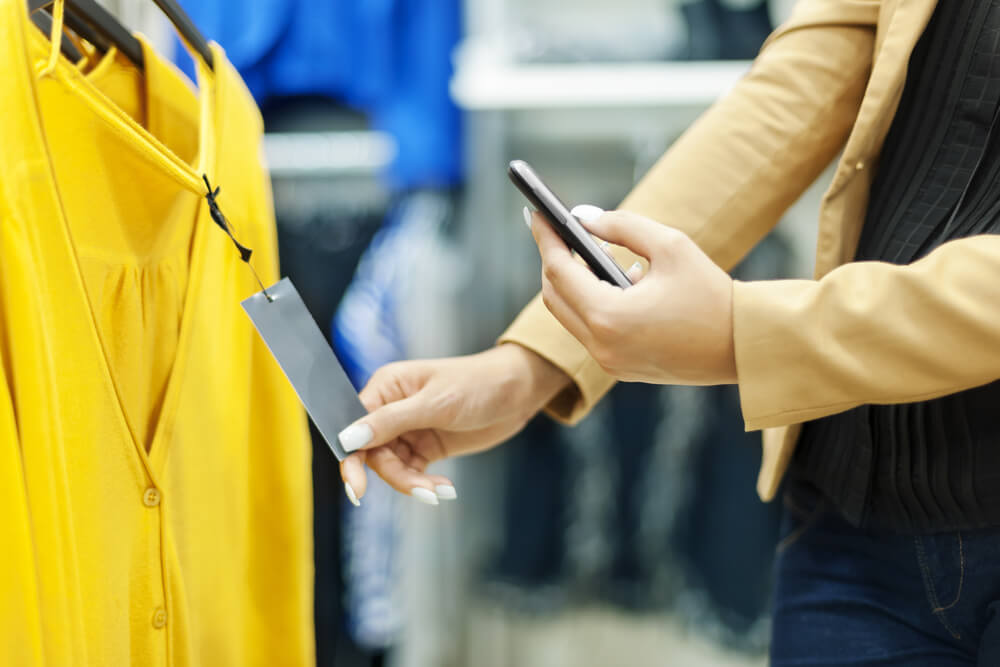Mainstream media just doesn’t get retail tech

Is technology part of a shift that could ensure the future of the high street?
That was the ‘well, duh!’ question posed by a recent BBC article looking at the state of UK retail.
According to Gartner, worldwide retail tech spending will increase by 3.6 percent to $203.6 billion in 2019, with similar growth rates for the next two years. The BBC reckons that a sizeable amount of that cash will be thrown at artificial intelligence (AI), data and influencers.
READ NEXT

Five retail lessons learned in 2018
Data is, of course, a no-brainer. It can be used for the likes of recording the footfall of customers in-store, and of those that use additional services such as self-service checkouts and Click and Collect. Retailers can then tap the data to adjust and personalize services accordingly.
As for AI, as TechHQ noted in November, under pressure High Street retailers would be forgiven for placing all bets on this tech. And the less said about influencers, the better, except to say there is a growing belief that consumers no longer trust influencers or the brands that work with them.
The BBC article is a good example of the mainstream media asking the wrong questions (is the industry on life support?) and then coming up with the sort of lazy answers and overly dramatic statements they think their audience wants to hear.
What, no Amazon?
They should have flagged up Amazon as the savior of bricks and mortar retail. Unfortunately, that doesn’t fit the narrative of ‘e-commerce behemoth Amazon taking a sledgehammer to the High Street’.
The company is reportedly getting ready to open more Whole Foods Market stores in the US, having acquired the business in 2017. This would build on its Amazon Go and 4-Star locations.
Amazon is challenging the entire industry with the notion it might open 3,000 Amazon Go stores in three years, powered by mobile payments, robotics, and digital integration. BBC, take note: this is where the real innovation is happening in retail, a fusion of the digital and the physical.
As Eagle Eye’s Miya Knights observes, few tech vendors and retailers can match Amazon’s R&D spending. Nonetheless, some of the competition is developing rival technologies, like Microsoft, or trialing mobile scan and pay self-checkout systems, such as MediaMarktSaturn in its consumer electronics stores.
Ease, speed and convenience
Co-op is another good example of a retailer pushing things forward on the high street. It’s embarking on a £200 million (US$255 million) investment program which will see it open 100 new food stores during 2019 and provide major makeovers for a further 200.
YOU MIGHT LIKE

Fashion retailers must tackle the ‘flaw of averages’
This is the fourth consecutive year that Co-op has opened 100 new stores or more. Shifts in consumer shopping trends have seen ease, speed, and convenience continuing to rise in importance for time-pressed shoppers, notes Stuart Hookins, Co-op’s Director of Portfolio and Development.
So, don’t believe the BBC hype. The internet will not take over from our high streets as the main way we shop in the future. Some physical retailers will perish but others will transform to meet a range of new customer demands. Indeed, the likes of Argos, John Lewis, and H&M are already doing so and reaping the rewards.







